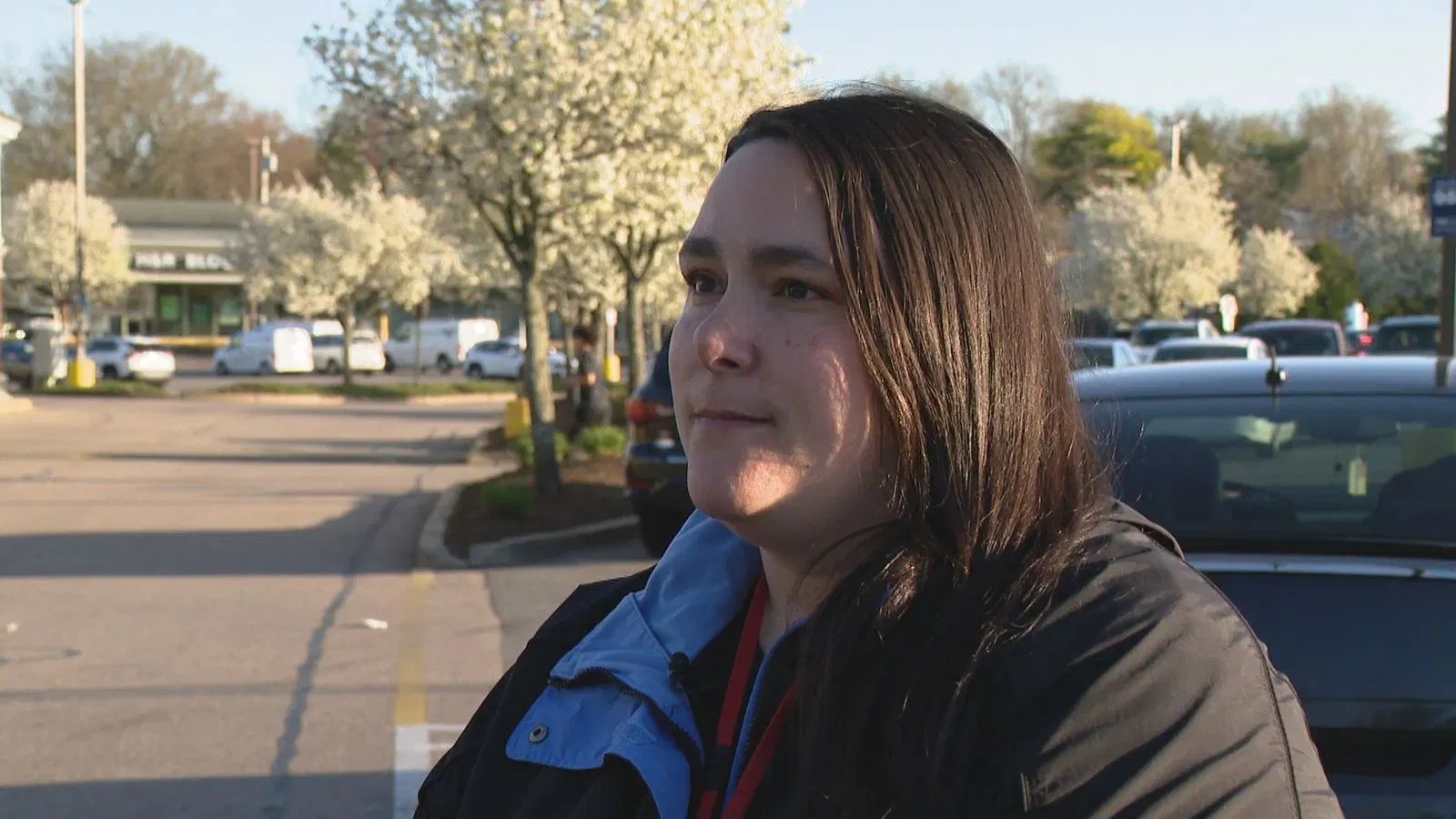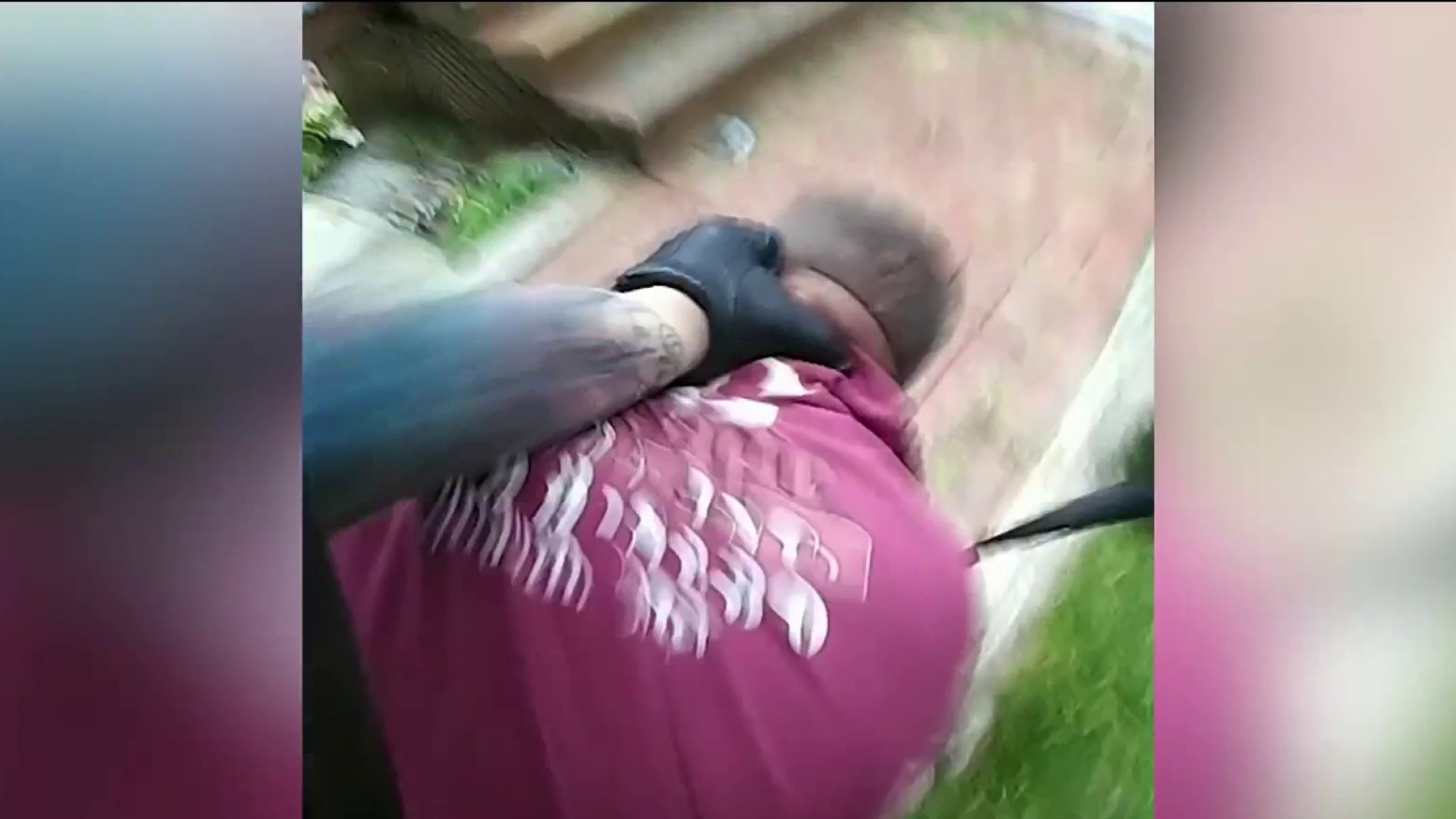(NECN: Peter Howe, Wellesley, Mass.) It's technology that can now do everything from tracking terrorists to keeping your smartphone from being stolen or hacked: Voice-recognition technology.
As European Union leaders came out Thursday saying they agree with U.S. warnings that Islamic extremists from Great Britain and Germany appear to be plotting attacks in European cities, new details are emerging about the role voice-tracking technology has played in holding off and breaking up the plot so far.
According to British intelligence officials who spoke to the Associated Press, information that led to a drone-missile attack in northwestern Pakistan over the weekend, killing 8 suspected jihadists, included identifying suspects by the sound of their voice as heard over a cellphone or in a place under audio surveillance. And just like GPS or radar or many safety features in your car, this may turn out to be another example of a military technology that comes to pay big dividends as a consumer technology, too.
"Every human being has a unique 'voice print,' just like a fingerprint is unique for every human being,'' says Germano Di Mambro, CEO or Porticus Technology, a Wellesley voice-recognition company.
Di Mambro said the role voice tracking has played in allied forces finding and killing suspected terror plotters is an indication of how well developed the technology has become. "They're searching for your voice against a database of thousands of voices and picking your voice out of that database, if you can imagine that,'' DiMambro said.
The same technology spy agencies are using to track terrorists, Porticus has found a way to keep your smartphone from being stolen or hacked. They sell a downloadable application -- available on iPhone, Android, Symbian, and other types of smartphones -- that creates a virtual lock on your phone. You think up a phrase and record it on the phone three times, at regular pace, quickly, and slowly. Then when you pick up your phone, it only works if you say the phrase so the phone knows it's you using the phone, not a thief or unauthorized user. "When you say your pass phrase, only you can unlock that device,'' Di Mambro said. He co-founded the company with a Lithuanian scientist; what they patented is a system that evaluates your voice on 36 different parameters.
He gave me a demonstration using his special password -- "Boston Celtics, New England Patriots" -- and even when I used my Blackberry video camera to record him saying it, then use the recording to try to unlock his phone, it didn't work.
Local
Di Mambro said the company is looking into developing the same technology as a way for people to log on to their personal computers, and also as a way to validate and process online e-commerce transactions. Compared to systems like fingerprint recognition or iris recognition, it's generally less expensive and complicated, because it doesn't require adding a new eye or finger scanner to a device. With smartphones now carrying or providing access to every bit as much information as a laptop computer, Porticus's success in finding a way to add this extra level of protection to keep unauthorized people from using your smartphone or stealing its data could prove appealing to corporate information security managers.
"I felt that the market really needed a more secure method than a username and PIN (personal identification number), which is easily replicable,'' Di Mambro said. "Anyone in this room who has my username and PIN, they can become me.''
But no one in the world can match your voice. And that fact can now keep your phone secure -- or keep terrorists halfway around the world decidedly insecure.
With videographer Aaron Strader



